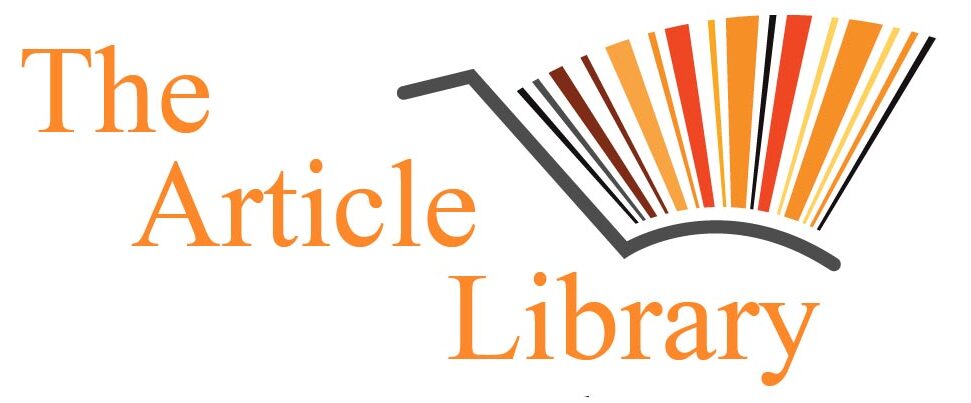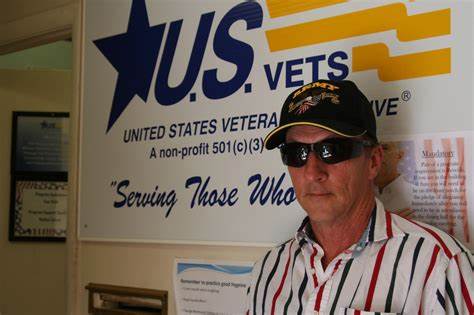The American Veterans Affairs facilities offer a wide variety of programs and initiatives specifically designed to help homeless veterans live independently. In fact, VA centers are the only Federal agency that provides plenty of hands-on assistance directly to homeless people. The VA centers major programs that are specific for homeless veterans constitute the largest network of homeless assistance and treatment services in the United States. Social workers from the VA centers hit the streets at least once weekly to find homeless veterans who need help from an array of programs. Let’s look at the programs for homeless vets.
One-third of the adult homeless population have served their country in an area of the Armed Services. The most current population estimates that about one hundred seven thousand veterans, both male and female, are homeless on any given night. Perhaps twice as many veterans experience homelessness situations at different points during the course of twelve months.
Other veterans are considered to be near homeless or at risk of being homeless because of lack of support from family and friends, poverty, and miserable living conditions in low-priced hotels or in overcrowded or poor quality housing. Currently, the amount of homeless Vietnam era veterans is larger than the amount of service people that died during that war. A number of Desert Storm vets also appear in the homeless population. Even though plenty homeless servicemen served in Vietnam and suffer from Post Traumatic Stress Disorder (PTSD), at this point in time, studies do not necessarily prove that there is any type of connection between military service, service in Vietnam, or exposure to war and homelessness among our veterans.
Family background, personal characteristics, and support from family and friends (rather than military service) seem to be the stronger causes of risk of homelessness. Most of the population of homeless servicemen are male. Only about three percent are female. The majority are single, and some come from poor, underprivileged backgrounds. Veterans without homes tend to be more educated and older than homeless non-veterans. Consistent with the statistics of the normal population of homeless males that are adults, about forty-five percent of veterans without homes suffer from mental illness and slightly more than seventy percent suffer from drug or alcohol abuse problems. The majority of veterans without homes are either Hispanic or African American.
Initially serving as a method to contract with providers for community-based housing treatment for homeless veterans, many Healthcare for Homeless Veterans, or HCHV, programs now serve as the focal point for a countless amount of housing and other services that provide the VA center a way to assist homeless veterans. Outreach is the main purpose of the HCHV program. The central goal is to diminish homelessness among our veterans by engaging them in treatment and rehabilitative programs.
The Contract Residential Treatment Program makes certain that veterans diagnosed with mental health can be placed in community based programs that provide good housing and services. The Domiciliary Care Program is the VA’s oldest health care program. It was established in the late 1860s. The goal of the Domiciliary was to provide homes for disabled volunteer soldiers of the Civil War.
Domiciliary care was put in place to give services to low income veterans, and it remains committed to serving them. The program has evolved from a Soldiers Home into an active clinical rehab and treatment program for male and female veterans. Domiciliary programs are now integrated with the Mental Health Residential Rehabilitation and Treatment Programs.
Stand downs are one part of the VA’s labors to give services to veterans without homes. The Stand Downs are events that usually last anywhere from one to three days. They provide services to unstable veterans such as meals to eat, clothing, shelter, health screenings, as well as other services. Referrals to a number of other services that are necessary, including housing, employment and substance abuse treatment are also given. Stand Downs are shared events that are coordinated between local VAs and other agencies. Since the first Stand Down, which was organized during the year 1988 by a group of Vietnam veterans, these events have been utilized as an efficient tool for giving a helping hand to unstable veterans.
The Department of Veterans Affairs founded a national call center for homeless veterans hotline to ensure that homeless veterans or veterans at risk of becoming homeless have access to trained counselors for free, any time of the day or night. The hotline is intended to assist homeless veterans and their families, VA Centers, federal, state and local partners, and others from the community. They have information about VA mental health services and homeless programs in the area that can help veterans.














More Stories
A Homeless Christmas
Facts And Information About Homeless Volunteers
Homeless Volunteers: Helping Others In Need